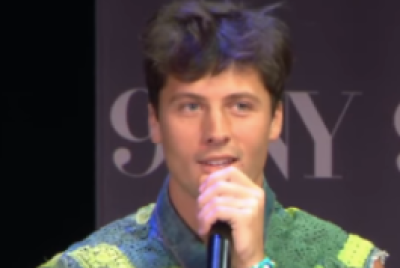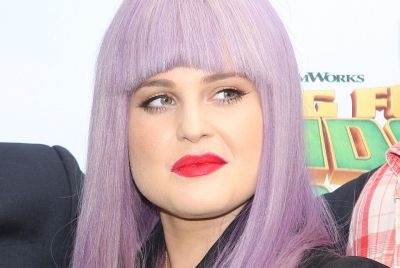Facebook addicts aren't empathic
Youngsters who are hooked on the social networking site Facebook are having problems relating to others, a leading neuroscientist says.
According to Baroness Susan Greenfield, more studies are needed to establish a possible connection between Facebook and the lack of empathy among the youth.
"If you are not rehearsing looking someone in the eye in three dimensions, but instead you have 900 friends on Facebook ... one does question what kind of relationship they might be having," she told the National Press Club in Canberra.
"We are being complacent in the extreme if you just dismiss me as a whingeing, middle-aged Luddite."
Baroness Greenfield, who is a Professor of Pharmacology at Oxford University in the UK, was more confident with the qualities of an ageing brain.
She said that finding a way to slow down the onset of dementia by five years could save Australian taxpayers $67.5 billion for the next thirty years.
As for the young, the Baroness said that more research has to be conducted to know whether internet usage was linked with attention deficit disorder (ADD).
"Perhaps it's mandating a shorter attention span. I'm not saying it is but I'm saying: 'Wouldn't it be worth exploring?'," she said.
The threefold increase in prescriptions for Ritalin, which is a medication for ADD and ADHD, during the past decade in Britain could be a probable indication that the environment is changing.
Baroness Greenfield suggested that more studies should be done to find out why computer software programs are so addictive.
She also urged the society to be more courteous to older people.
"Of course, the body does get baggy and saggy and wrinkly but your brain does not get like that," the 59-year-old scientist said.
"It's more like a fine wine. As it gets older, it becomes special, it becomes more individual which is why in other societies, quite understandably and correctly, older people have a reverence.
"I would love to see a revival of the culture in this and other societies, which is a reverence for people who have lived their lives and have actually learnt things from it."
Australia could save $67.5 billion by 2040 if it will do more research on dementia, said Baroness Greenfield.
She adds that if there would be a cure for dementia, people could live up to 100.
"No one has actually written the question: 'What do we do with that time?'," she said.
"Do we just play computer games? That is a really important issue to address."
Baroness Greenfield is touring Australia on behalf of the Australian Society for Medical Research.





















